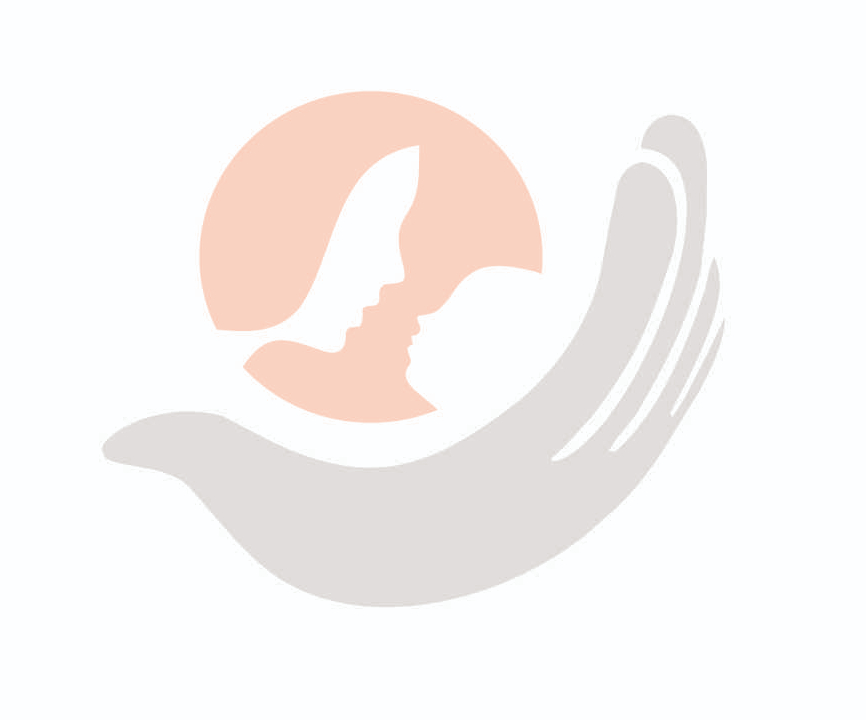+918042757020

This is your website preview.
Currently it only shows your basic business info. Start adding relevant business details such as description, images and products or services to gain your customers attention by using Boost 360 android app / iOS App / web portal.
The hormonal imbalances that cause DUB can also r...
The hormonal imbalances that cause DUB can also result from certain medical conditions or be side effects of medications. Medical conditions Medical conditions that often cause dysfunctional uterine bleeding are: Polycystic ovary syndrome (PCOS). This is an endocrine disorder that causes a woman to produce an increased amount of sex hormones. This may lead to an imbalance in estrogen and progesterone, making the menstrual cycle irregular. Endometriosis. This condition results when the uterine lining grows outside of the uterus, such as on the ovaries. Endometriosis often causes heavy bleeding during regular periods. Uterine polyps. These small growths occur within the uterus. Although their cause is unknown, polyp growth is heavily influenced by the hormone estrogen. Small blood vessels in the polyps can cause DUB, including spotting between periods. Uterine fibroids. Uterine fibroids are small growths that occur within the uterus, uterine lining, or uterine muscle. Like polyps, the causes of uterine fibroids are unknown. But estrogen seems to play a role in their growth. Sexually transmitted diseases (STDs). STDs that cause inflammation, like gonorrhea and chlamydia, may lead to DUB. Bleeding caused by STDs usually occurs after sex, when the lesions are aggravated. Medications Certain medications can also cause dysfunctional uterine bleeding, including: birth control pills hormonal agents Warfarin (Coumadin) Recognizing the symptoms of DUB The most common symptom of DUB is bleeding outside of your normal periods. It can also occur within your menstrual cycle. Suspicious bleeding patterns include: heavy menstrual bleeding bleeding that contains many clots or large clots bleeding that lasts more than seven days bleeding that occurs less than 21 days from the last cycle spotting bleeding between periods Other common symptoms that can occur with DUB are: breast tenderness bloating pelvic pain or pressure If you experience any of the following severe DUB symptoms, contact your doctor immediately: dizziness fainting weakness low blood pressure increased heart rate pale skin pain passing large clots soaking a pad every hour article as published in Healthline. to be continued....Dr.Nandini Shete , Gynecologist & Obstetrician, pune

